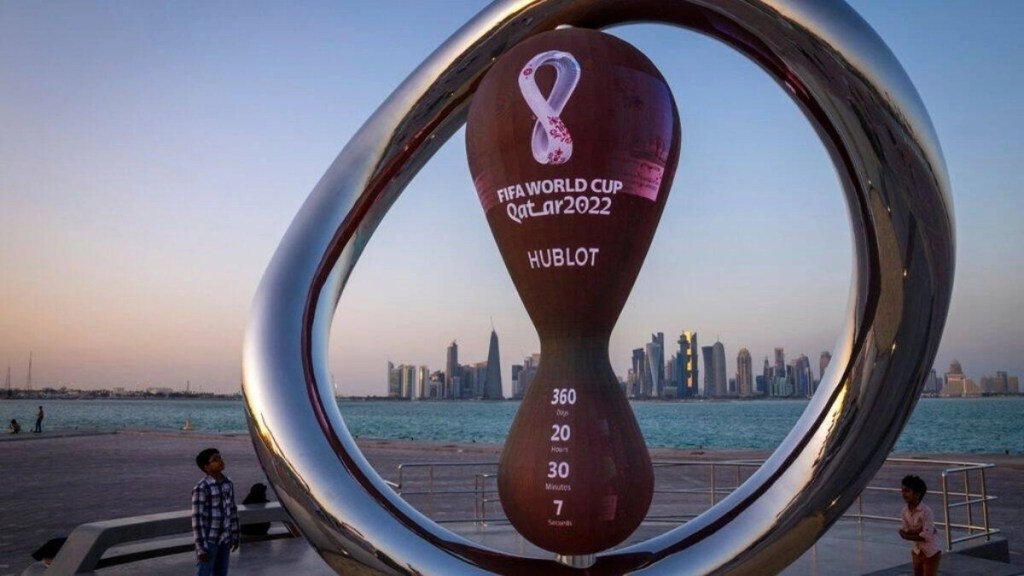As the FIFA World Cup 2022 heads into an exciting finale on Sunday, this event will be remembered not just for the controversies swirling around Qatar’s suitability as a host nation but also for the resurgence of African and Arab football. Morocco upended the global soccer hierarchy by becoming the first nation from Africa to reach the semi-finals. Although it lost to France, Morocco had a fairy tale run till then. In the group stage, it drew with Croatia and took out Belgium and Canada, defeated Spain in the knockout round of 16 and Portugal in the quarter-finals. Reaching the last four has so far eluded African teams like Cameroon in 1990, Senegal in 2002 and Ghana in 2010. Remarkably, Morocco won its matches till the semi-final stage without conceding a single goal to the opposition, barring a self-goal in its group match against Canada. This is a tribute not just to the exemplary skills of its goal keeper, Yassine Bounou, but also the rock solid contingent of full-backs with even the mid-fielders dropping back to create another defensive shield. By any standards, this country has come a long way to register its presence in global football. Morocco first qualified for the FIFA World Cup edition in 1970 and was the first African-Arab nation to reach the round of 16 in 1986. Its tally of four wins in the current World Cup is double of what it achieved in the previous 36 years.
Also Read: FIFA live: Defending champions France beat Morocco 2-0; set up World Cup final against Argentina
What accounts for Morocco’s resurgence? A popular explanation is the success of the Royal Moroccan Football Federation in luring talent from the 4.2 million-strong diaspora based in Europe in a structured manner since 2014. Indeed, as many as 14 out of 26 members of the team were born outside the country, perhaps the highest for any team competing in the World Cup 2022. Right winger Hakim Ziyech was even called up for the Dutch squad in 2015. Mid-field enforcer, Sofyan Amrabat, played in the youth leagues in the Netherlands. The right back, Achraf Hakimi, joined Paris Saint-Germain last year. For such reasons, Morocco’s successful style of play is more Western European in terms of its pedigree and inspiration rather than a fusion of African and Continental football. Ziyech, for instance, has positional fluidity as a playmaker in not only taking on rival defenders but also falling back to defend. Hakimi moves up to seize opportunities to strike. The team does not dominate possession like Spain; instead, it launches swift counter-attacks like it did during the semifinal match with France when even the full-backs and mid-fielders broke forward till the dying moments of the game to equalise France’s 2-0 lead.
Also Read: Lionel Messi confirms FIFA World Cup final will be his last game for Argentina – Watch some magic netting by the football legend
Morocco’s coming-out party at the World Cup 2022 is bound to ignite the imagination of its youth to take to soccer in a bigger way. The kingdom must build on its success by improving football infrastructure and providing coaching and playing facilities that are second to none to build home-grown talent. The reliance on only talented expatriates is not sustainable beyond a point. Once the facilities are in place, it then should make a renewed bid to host the World Cup as it lost out to the US, Canada and Mexico for the 2026 edition. Looking ahead, the strategic objective must be to become a soccer superpower that can further push the envelope for African and Arab football.

